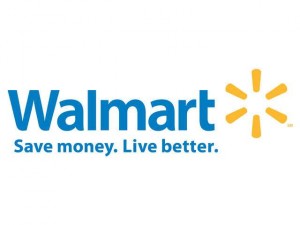Critics of our global food system will find the recent news about Walmart in South Africa disturbing. The Wall Street Journal reports that South African food companies are working hard to transform their products and business practices so they can work with Walmart. While this may appear a form of American cultural hegemony, South Africans are anxious to join the global food chain by joining forces with the U.S. food company. One South African food company executive said, “We are desperate not to be left behind.”
Not being left behind is a challenge for a country that has limited overnight food deliveries because of carjackings and whose culinary traditions include such as umgombothi (a beer made from maize). Moving from traditional African food companies to a global food company will likely draw the ire of those who want to keep business and food at home, but modernization will more than likely continue its inroads to the African food system. When Les Halles, a “big box” food store of sorts appeared in Paris during the mid-nineteenth century, Parisians were similarly conflicted between the promise of modernity with the market’s use of new technology (cast iron market hall construction) and the move away from historic food shops that had been serving customers since the ancien regime. Emile Zola, in his 1873 novel, The Belly of Paris, described the new Les Halles market as “some vast modern machine a steam engine or a cauldron supplying the digestive needs of a whole people, a huge metal belly…) Similar to these Parisians, some South African food producers are worried about being drawn unwillingly into a food system that will consume their own business. For the time being, South African food companies seem excited and positive about the prospects for their businesses and for the benefits that their customers will receive through lower prices and more choices.
